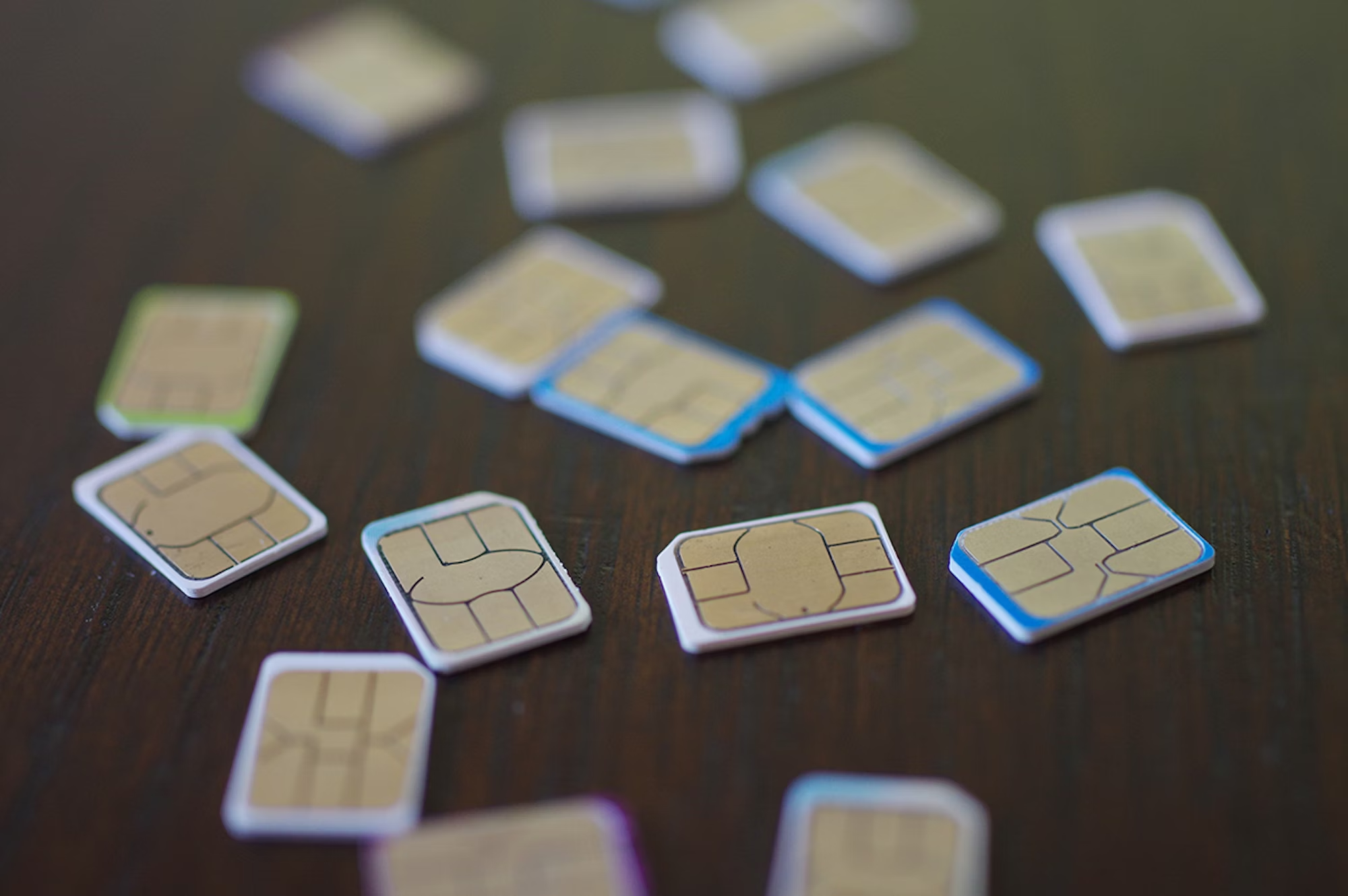
AT&T finds itself at the center of legal scrutiny once more as it grapples with the repercussions of a high-profile SIM swap case. The controversy revolves around a staggering theft of $24 million in cryptocurrency from investor Michael Terpin. A recent decision by a division of the Ninth Circuit Court of Appeals has reignited the case, overturning a prior ruling that favored the telecom giant. This move has allowed the case to proceed to trial, spotlighting the crucial role telecom companies play in safeguarding customer information.
A Lengthy Legal Fight
The saga began in 2018 when Terpin fell victim to a sophisticated SIM swap attack. The perpetrators bribed an AT&T employee to transfer Terpin’s phone number to a blank SIM card, granting them access to his phone. This access enabled them to reset passwords and bypass two-factor authentication, ultimately leading to the theft of his extensive cryptocurrency holdings. Despite taking extensive precautions and seeking counsel from security experts, Terpin found himself powerless against the attack.
In his pursuit of justice, Terpin filed a lawsuit seeking $24 million in damages from both AT&T and the alleged hacker, Ellis Pinsky. However, on April 20, 2023, a judge ruled in favor of AT&T, granting them a summary judgment that dismissed most of Terpin’s claims. This decision came as a surprise to many, as it seemed AT&T had a duty to protect customer data.
The Appeals Court Decision
Fast forward to October 2024, the Ninth Circuit Court reversed the previous ruling, citing violations of the Federal Communications Act. The court acknowledged that AT&T may have failed to protect Customer Proprietary Network Information (CPNI), data concerning network use that customers reasonably expect to remain private. This decision is pivotal as it opens the door for Terpin to pursue damages claims against AT&T, now exceeding $45 million, including interest and attorney fees.
According to Terpin’s lead attorney, Pierce O’Donnell, the ruling is a positive development. He emphasized that it sets a precedent for other litigants to hold telecom firms accountable for negligence, especially when they fail to protect customers’ sensitive information. This case, he noted, is not just about one individual but affects thousands of customers who have suffered due to AT&T’s inadequate security measures.
Implications For Consumers
The ramifications of this case extend far beyond Michael Terpin and AT&T. As cryptocurrency usage continues to surge, the threat of SIM swapping looms larger within the digital asset space. Many individuals rely on SMS-based two-factor authentication methods to secure their accounts, but these methods are vulnerable to SIM swap attacks. Experts warn that relying on text messages for security is a flawed practice.
Terpin highlighted the potential consequences of allowing AT&T to evade liability, which could set a dangerous precedent for consumer protection in the telecommunications industry. “This isn’t about a victory for me,” he stated. “It’s about ensuring companies take their responsibility seriously when it comes to protecting their customers’ data.”







